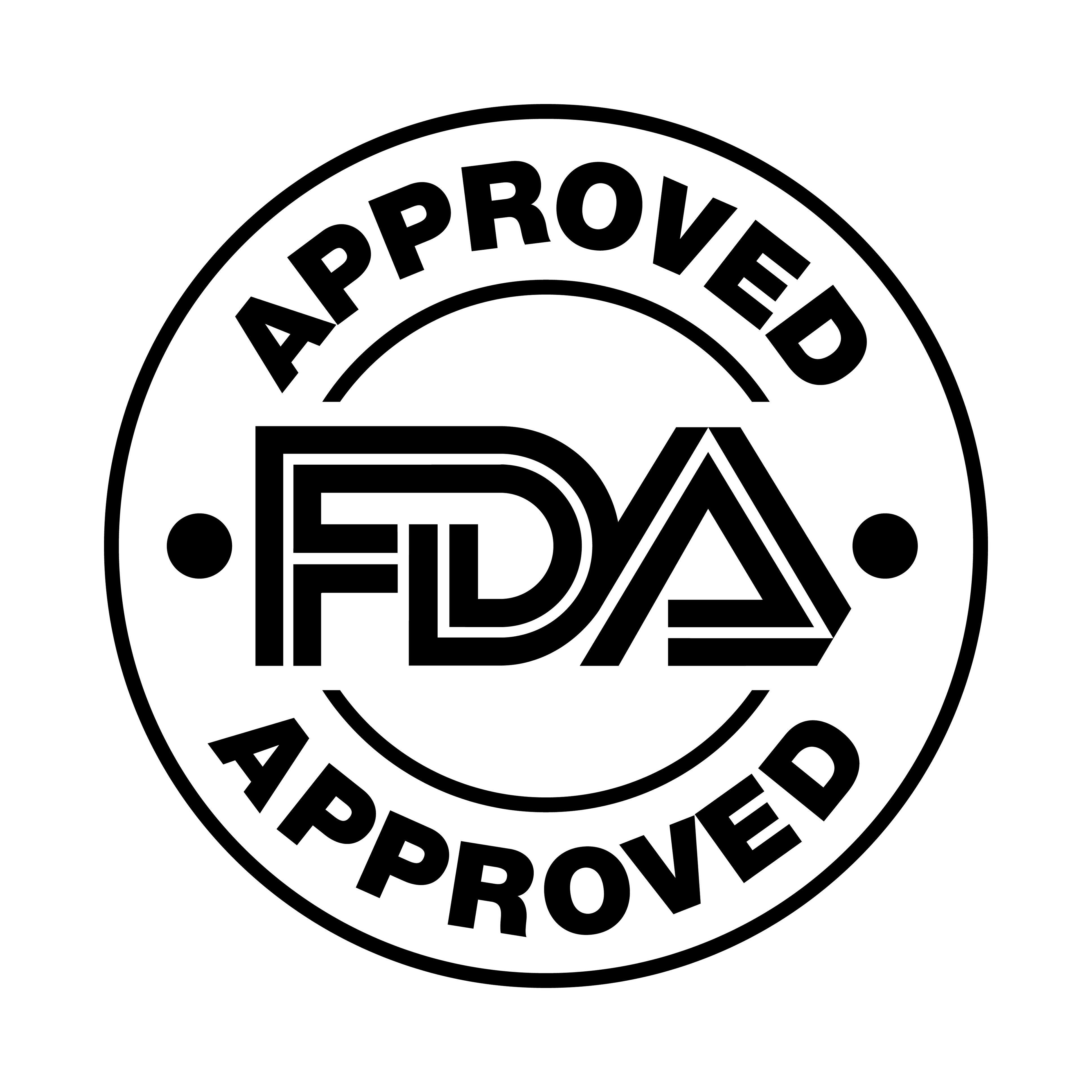FDA approves Kebilidi as first gene therapy to treat aromatic L-amino acid decarboxylase deficiency
With the decision, Kebilidi becomes the first FDA-approved gene therapy for AADC deficiency, and is indicated for adult and pediatric patients.
FDA approves Kebilidi as first gene therapy to treat aromatic L-amino acid decarboxylase deficiency | Image Credit: © Calin - © Calin - stock.adobe.com.

The first gene therapy for for the treatment of aromatic L-amino acid decarboxylase (AADC) deficiency for adults and pediatric patients, eladocagene exuparvovec-tneq (Kebilidi; PTC Therapeutics), has been approved by the FDA according to an announcement from the federal agency.1
AADC deficiency is a rare genetic disorder that affects production of neurotransmitters that are chemical messengers that allow cells in the nervous system to communicate with each other. Patients with AADC deficiency can experience delays in gross motor function, hypotonia, and developmental and cognitive delays, stated the FDA.1
Kebilidi, which is administered via 4 infusions in 1 surgical session into a large structure in the brain involved in motor control, should be administered in a medical center that specializes in pediatric stereotactic neurosurgery.1
"After infusion of Kebilidi, treatment results in the expression of AADC and subsequent increase in the production of dopamine, a critical neurotransmitter in the brain associated with movement, attention, learning and memory," stated the FDA.1
"AADC deficiency can cause a range of debilitating symptoms, including life-threatening complications,” said Nicole Verdun, MD, director of the Office of Therapeutic Products in CBER, in a press release. “Today’s approval represents important progress in the advancement and availability of safe and effective treatments for debilitating genetic disorders.”1
According to PTC Therapeutics, Kebilidi is a recombinant adeno-associated virus serotype 2-based gene therapy that contains the DDC human gene. It is designed to correct the underlying genetic defect by delivering a functioning DDC gene directly into the putamen, which increases the AADC enzyme and restores dopamine production.2
"I am proud of our team's unwavering commitment to achieve this important regulatory milestone," Matthew B. Klein, MD, CEO, PTC Therapeutics, said in a statement. "We look forward to bringing this transformational gene therapy to children and adults with AADC deficiency in the United States."2
Approval was based on safety and efficacy data demonstrated in an open-label, single-arm clinical study among 13 pediatric patients with confirmed cases of AADC.1
At trial start, all patients had no gross motor function as well as decreased AADC activity in the plasma, stated the FDA. Kebilidi-treated patients were compared to untreated (natural history) patients. In 12 of the 13 patients, motor milestone assessments were completed 48 weeks after receiving treatment. Gross motor function improvement was present in 8 of 12 patients, "which has not been reported in untreated patients with the severe presentation of AADC deficiency," wrote the FDA.1
Dyskinesia (involuntary muscle movements), fever, low blood pressure, anemia (low red blood cell count), increased saliva production, insomnia, low levels of potassium, phosphate, and/or magnesium, and procedural complications such as respiratory and cardiac arrest, are the most common adverse reactions of Kebilidi. The treatment is contraindicated in patients who have not achieved skull maturity assessed by neuroimaging.1
According to the FDA, Kebilidi was approved via the Accelerated Approval pathway, which allows the federal agency to approve certain products for serious or life-threatening conditions based on evidence of a "surrogate endpoint or an intermediate clinical endpoint that is reasonably likely to predict clinical benefit."1
Continued approval for this indication could be contingent upon verification and description of clinical benefit, such as durability of the observed improvements, in a confirmatory clinical trial, which is ongoing, according to the federal agency.1
References:
1. FDA approves first gene therapy for treatment of aromatic L-amino acid decarboxylase deficiency. FDA. Press release. November 14, 2024. Accessed November 14, 2024.
2. PTC Therapeutics announces FDA approval of AADC deficiency gene therapy. PCT Therapeutics. Press release. November 14, 2024. Accessed November 14, 2024.